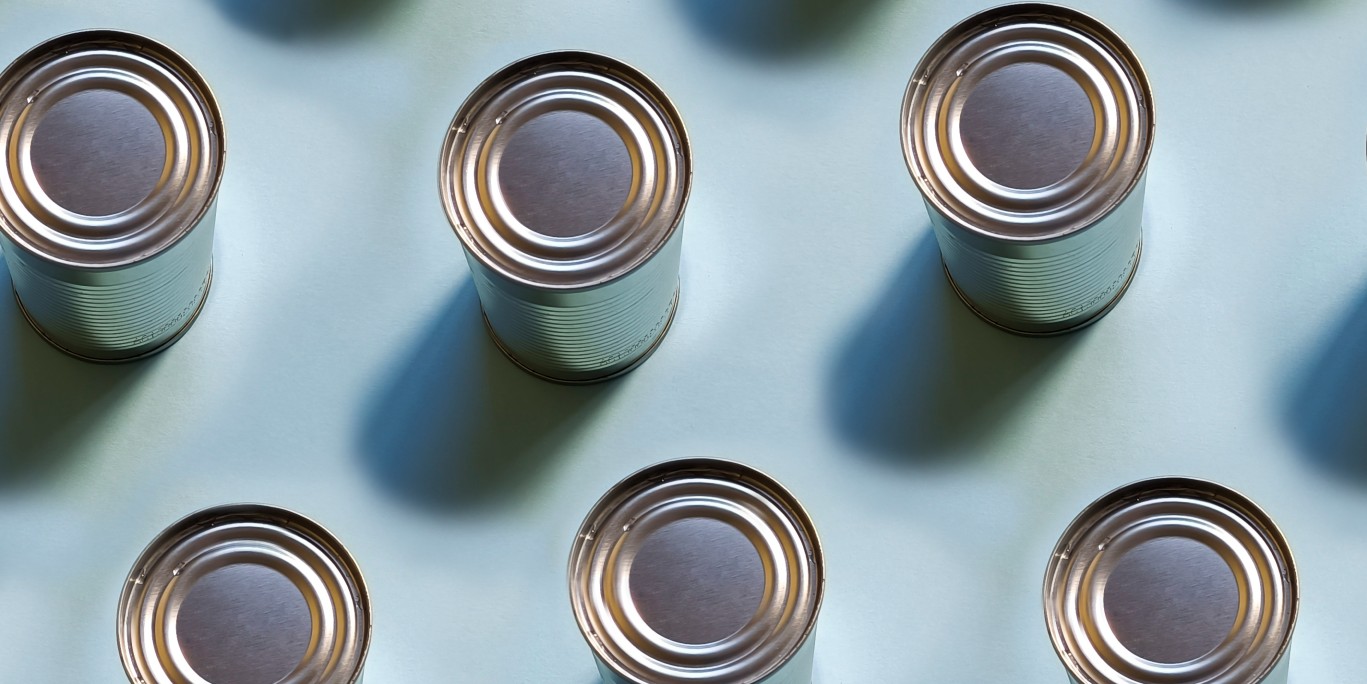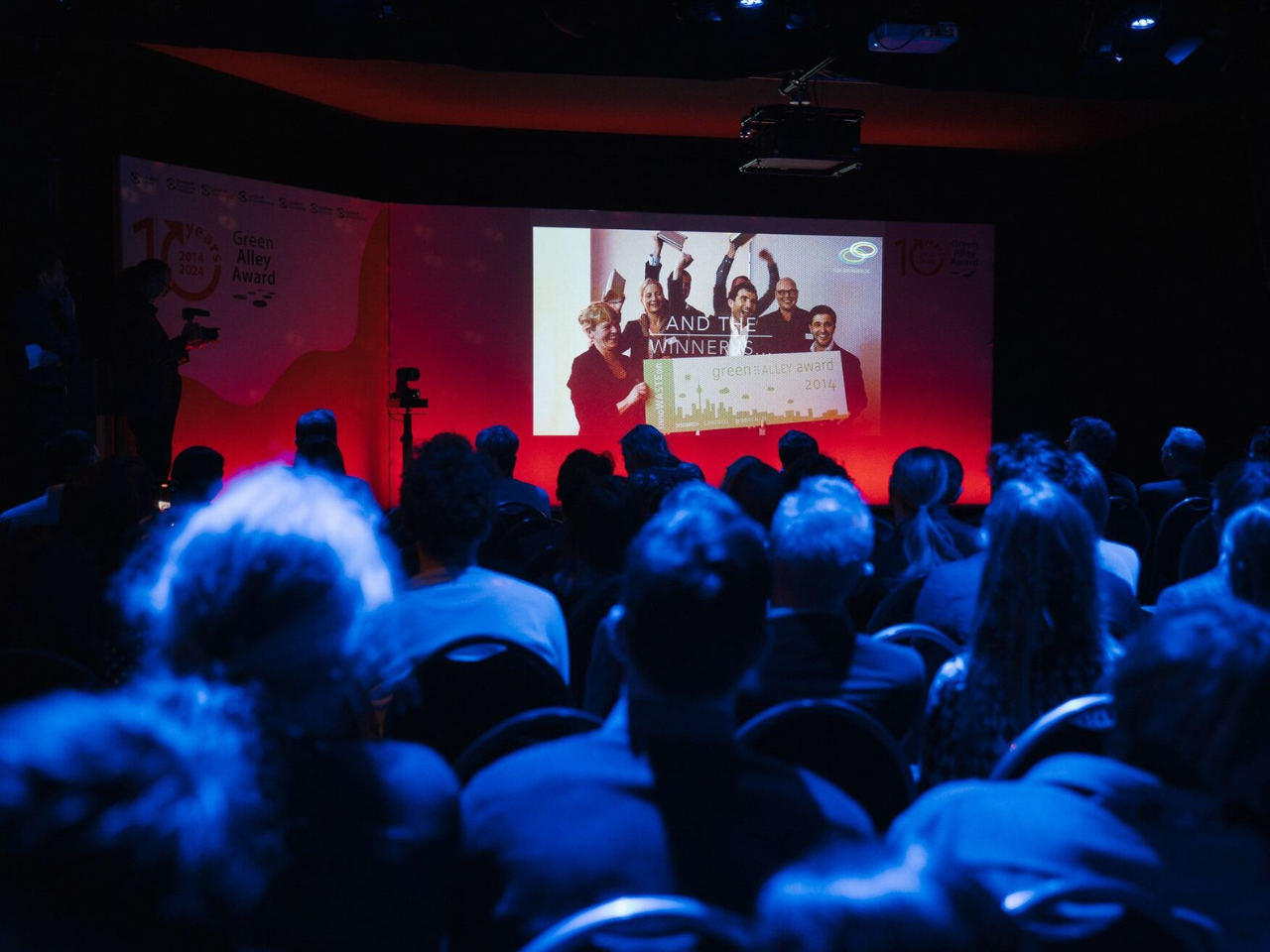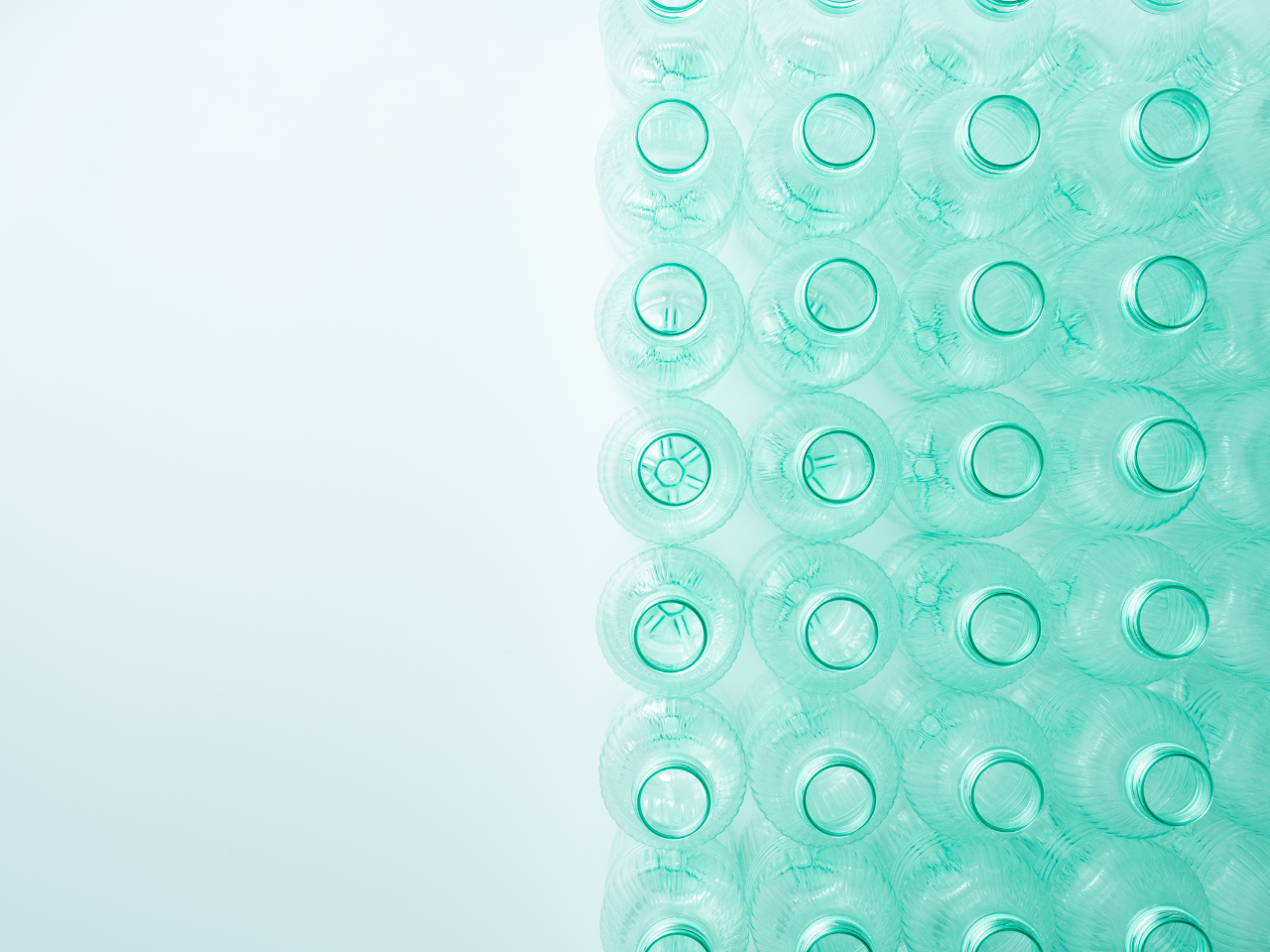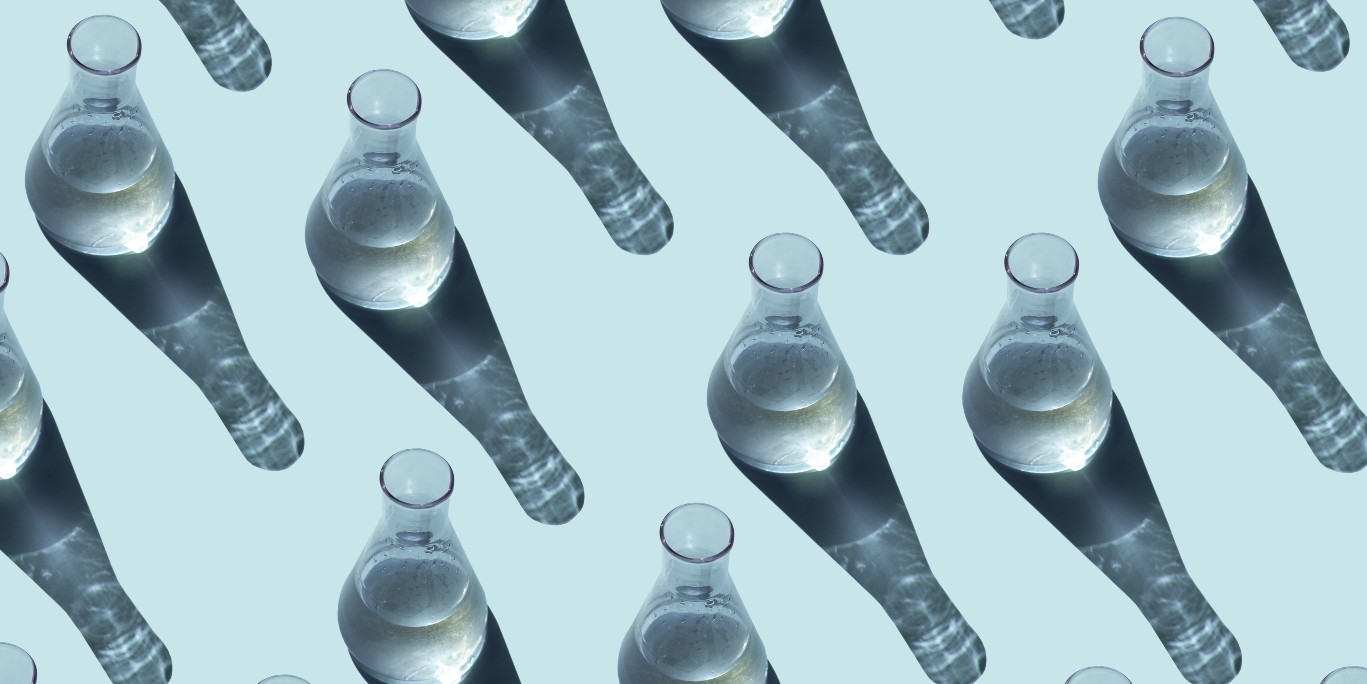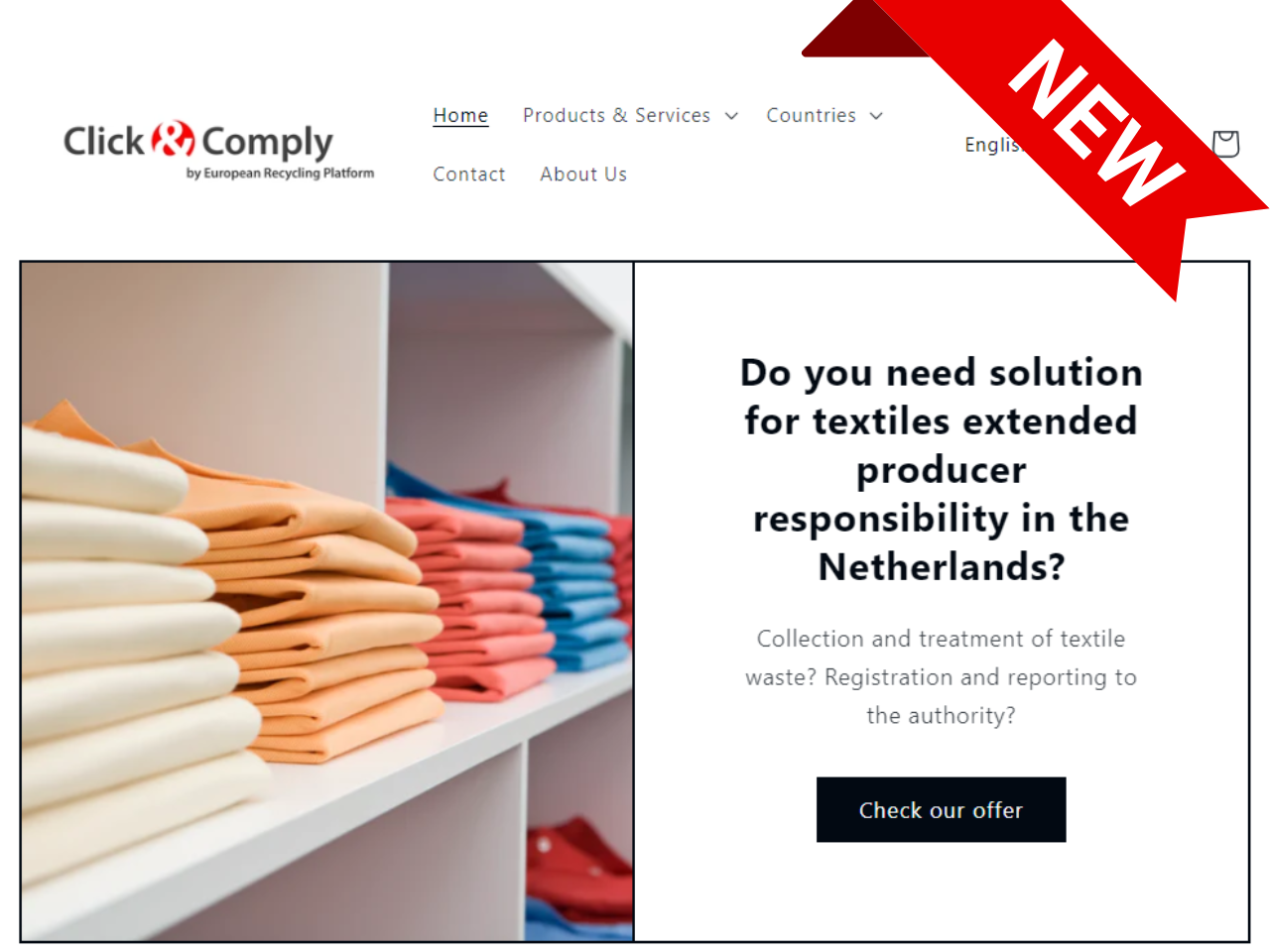What changes worldwide could have the biggest impact on the circular economy? Read our selection for you for May 2023.
German government to confirm recognition of chemical recycling
The German government wants to pave the way for the recognition of chemical recycling before the end of this legislative period. This was stated in an answer to a parliamentary question from the CDU/CSU parliamentary group on the use of plastics in the circular economy.
According to the answer, chemical recycling should be recognised, but this should not lead to cuts in established processes such as mechanical recycling. In addition, only plastic waste that cannot be recycled in a high-quality way should be used as input for chemical recycling processes.
Furthermore, the German government clarified that the term chemical recycling is only correct if the product resulting from the process has a similar purpose to the product to be recycled. Accordingly, chemical “recycling” for the sole purpose of fuel production is not envisaged.
In preparation for the planned Reallabor Act, a public consultation will take place in mid-2023, which will also examine the role of chemical recycling.
Together with one of the most innovative chemical companies, and a renowned brand, Landbell Group has succeeded in closing the loop for complex plastic packaging thanks to new chemical recycling technology. Find out more about this groundbreaking project here.
Finland addresses textile recycling
On 1 January 2023, a new law came into force in Finland that makes municipalities responsible for the management of waste textiles. Finnish municipalities will have to set up textile waste collection points. The law also provides for separate collection for companies that produce textile waste.
In preparation for the implementation of the law, several pilot projects were carried out in 2021 and 2022, which have been considered successful. However, the availability of collection points is still lacking. The City of Helsinki is currently reluctant to set up more collection points because of the high costs involved and the fact that extended producer responsibility for textiles could be introduced soon, which would mean that companies would have to bear the costs.
Aside from the question of who bears financial responsibility, the Helsinki project shows that environmentally sound management of textiles is possible.
German government expects significant increase in waste lithium-ion batteries
In an answer to a parliamentary question, the German government has addressed the impact of lithium-ion batteries on the circular economy.
It estimates that by 2030 there will be at least 15 million registered battery electric vehicles and a similar number of traction batteries in circulation in Germany.
At present, the German government expects an average annual increase in the recycling of lithium-ion batteries of around 30 per cent. Extrapolated to 2030, this means that the current recycling mass of 27,897 tonnes will increase to around 300,000 tonnes.
However, the German government points out that secondary use in the stationary sector (for example, large-scale storage) is a valid option for extending the lifetime of batteries in a resource-conserving manner before they are sent for recycling.
Voltfang, a German startup and winner of the Green Alley Award in 2022, offers industrial electricity storage from used electric car batteries. Read more about them here.
Sign up for our monthly
report COMPASS here:
Your email
